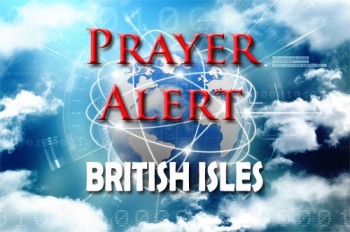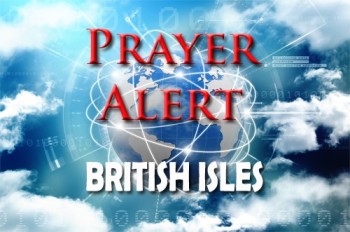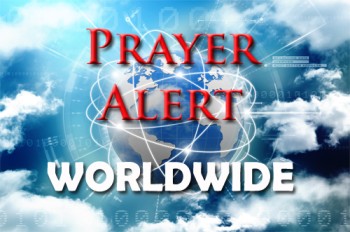Displaying items by tag: monkeypox
New strain of monkeypox found in UK
Current guidance states that if a case of monkeypox is known to be imported from West Africa, a region where it has been endemic for decades, then the individual must be admitted to a High Consequence Infectious Disease (HCID) hospital unit for monitoring. Recently, an individual was admitted to the HCID ward at Royal Liverpool University Hospital. Preliminary analysis revealed the type of monkeypox virus they contracted is a different strain from the one widely currently circulating in the UK with 3,279 known cases (79 were identified in the last week). Dr Sophia Maki said, ‘We are working to contact the individuals who have had close contact with the person infected with the new variant prior to confirmation of their infection. We will assess them as necessary and provide advice.’ See
Monkeypox and brain stimulation research
An Oxford University team who found effective drugs to treat Covid are trialling an antiviral called Tecovirimat to aid monkeypox recovery. Over 3,000 British people have caught monkeypox in recent months, with more cases anticipated. The virus, declared a global health emergency, can take weeks before recovery, and there can be serious complications. ‘The aim is to find a treatment that helps people recover quicker and get out of quarantine'. Also scientists have discovered they can boost people's memory for at least a month by harmlessly stimulating parts of the brain with electricity. Volunteers performed better at word memorisation games, which tested their immediate ‘working’ memory and their long-term memory. Dementia is caused by a diseased brain, with dying brain cells leading to memory problems. The researchers are investigating whether the technology can be used to stimulate the surviving brain cells and help schizophrenics and obsessive-compulsive disorder patients.
Global health emergency: monkeypox
WHO has declared monkeypox a global health emergency. The first case was in a child in 1970. Since then, outbreaks were small and traceable to an individual returning from a country with monkeypox. But the current outbreak is different, with sustained person-to-person transmission of infection. By 22 July there were 16,593 confirmed infections in 68 countries (none having had monkeypox before). Most infections are in Europe. The majority of infections are in men who have sex with men, especially those with multiple partners. There are concerns of under-reporting of cases in some countries. On 28 July the US federal government allocated 786,000 vaccine doses to local authorities after the Food and Drug Administration cleared them for use by people aged 18 and older who are at high risk. See There is limited supply of the two-dose Jynneos vaccine, and infections could become endemic or be introduced into at-risk groups such as children, the elderly, and pregnant women.


